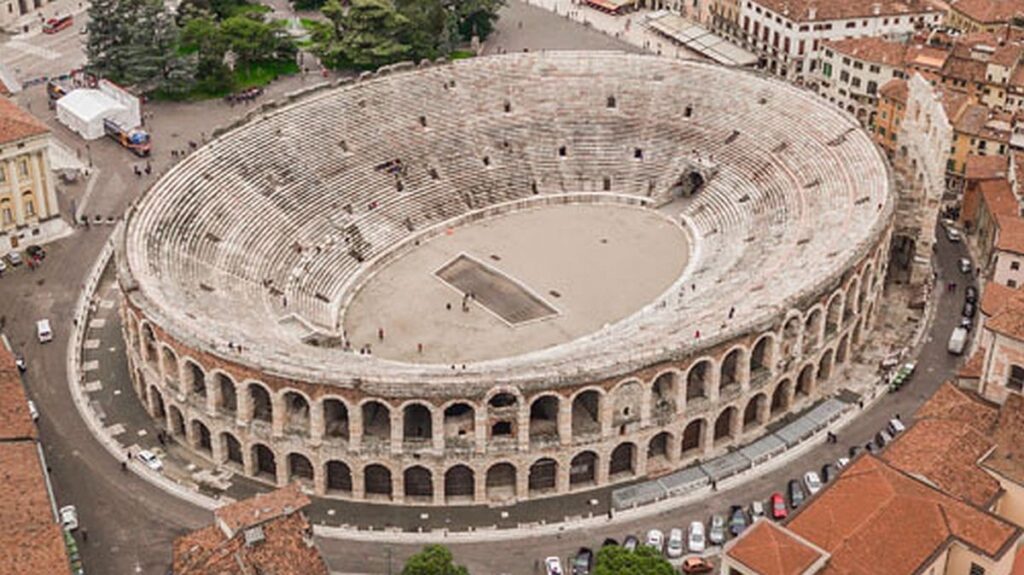A historic Roman amphitheatre in Verona is undergoing a transformative upgrade to ensure full accessibility for people with disabilities ahead of the Milano-Cortina Winter Paralympic Games. With just 100 days until the opening ceremony, organisers are prioritising inclusivity and long-term legacy by preparing the Arena di Verona—an architectural treasure even older than the Colosseum—to welcome global athletes and spectators.
Central to the renovation is the installation of a modern elevator and new accessible toilet facilities, marking a significant shift in how ancient heritage sites can adapt to contemporary needs. While the decision has attracted criticism from traditionalists who view the changes as architectural “blasphemy,” Games organisers believe the upgrades represent progress. They argue that enhancing accessibility in a monument of such historical significance sends a powerful message about inclusivity and societal change.
The project, which cost €20 million, is part of a broader legacy strategy that also includes expanding accessible public transport and investing in education and training to support the development of winter para-sports. Organisers hope these efforts will encourage long-term growth in winter para-sport participation, acknowledging the challenges involved in boosting interest and infrastructure for such disciplines.
In addition to accessibility improvements, the Games will implement an eco-friendly snowmaking system for both the Olympics and Paralympics. Amid rising concerns about climate change, organisers have committed to producing artificial snow without the use of chemicals. The new system relies solely on water, aiming to protect the local environment while ensuring reliable snow conditions for competition.
The Winter Paralympics will feature athletes from around 50 countries competing in six disciplines: alpine skiing, biathlon, cross-country skiing, para ice hockey, snowboard, and wheelchair curling. While ticket sales still lag behind those for the Winter Olympics, organisers remain optimistic, noting similar patterns in previous events and expecting interest to rise as the Games approach.
Ultimately, organisers believe the Games are already shaping a successful legacy by improving accessibility and strengthening the Paralympic movement. Each initiative, they say, adds an important “brick” to the global effort to expand and elevate para-sport.

